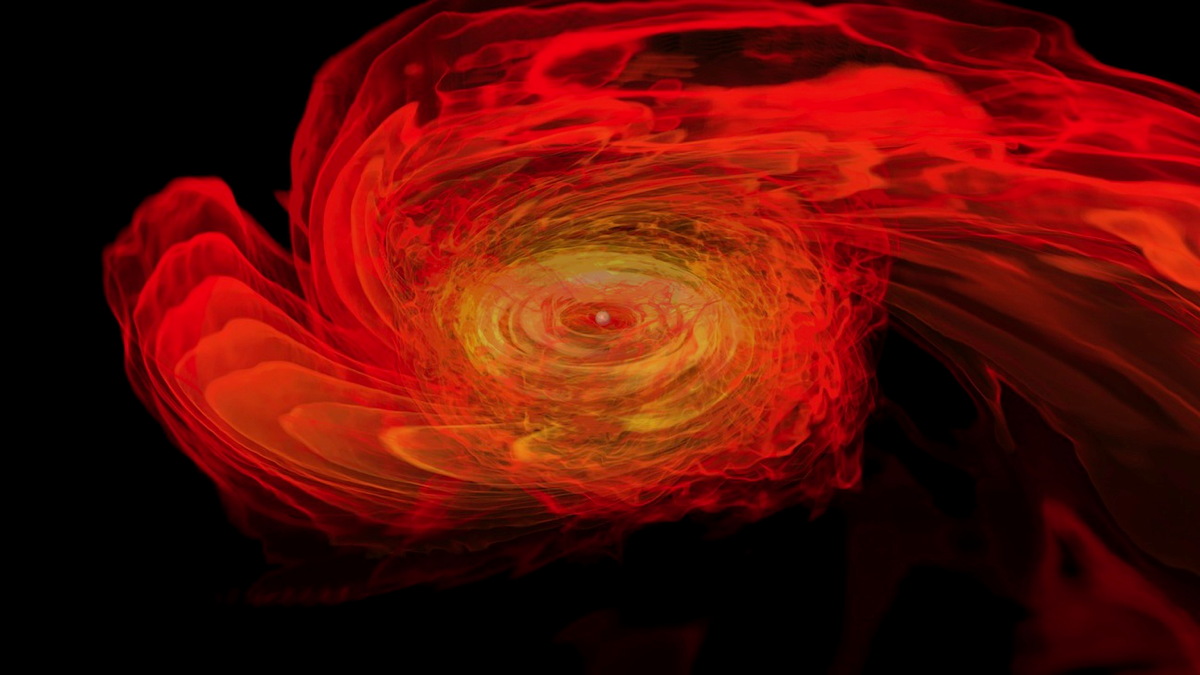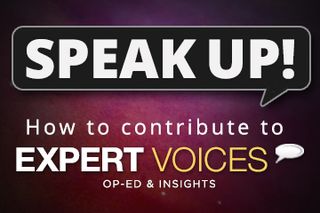
Ask Them Anything: The Hunt for Gravitational Waves

Maggie Tse, graduate student at MIT and part of the U.S. National Science Foundation (NSF)'s multi-institutional Laser Interferometer Gravitational Wave Observatory (LIGO), contributed this announcement to Space.com's Expert Voices: Op-Ed & Insights.
One of the most sensitive detectors in human history is NSF's Laser Interferometer Gravitational-wave Observatory (LIGO). Located in two separate facilities nearly a continent apart, the LIGO interferometers can detect vibrations far smaller than an attometer (1,000,000,000,000,000,000th of a meter). More than 900 scientists, engineers and others support the effort — some having been involved for more than twenty years — all contributing to a single goal: detection of gravitational waves, ripples in space-time predicted by Albert Einstein that have yet to be directly detected. [WATCH NOW: 'LIGO, A Passion for Understanding' Documentary Premiere ]
By the end of 2015, LIGO will start collecting data with newly installed, upgraded instruments, opening a new window on the violent astrophysical events happening throughout the universe. In conjunction with the launch of the documentary film "LIGO Generations" on Space.com, LIGO is hosting an interactive Ask Me Anything (AMA) session at Reddit.com.

Where: www.reddit.com
When: Friday, February 13, 1:00 p.m. to 3:00 p.m. EST / -5 GMT
At the AMA, you will meet the scientists who are working on the next-generation gravitational wave observatory system, Advanced LIGO, a culmination of many years of work on mechanical design, lasers, control systems, electronics and computing systems, and Kai Staats, the filmmaker who produced "LIGO Generations" and its predecessor, "LIGO: A Passion for Understanding." To participate, create an account at reddit.com/r/science (takes only a few seconds) and visit the site Friday to post your questions.
Follow all of the Expert Voices issues and debates — and become part of the discussion — on Facebook, Twitter and Google+. The views expressed are those of the author and do not necessarily reflect the views of the publisher. This version of the article was originally published on Space.com.
Get the Space.com Newsletter
Breaking space news, the latest updates on rocket launches, skywatching events and more!
Join our Space Forums to keep talking space on the latest missions, night sky and more! And if you have a news tip, correction or comment, let us know at: community@space.com.
